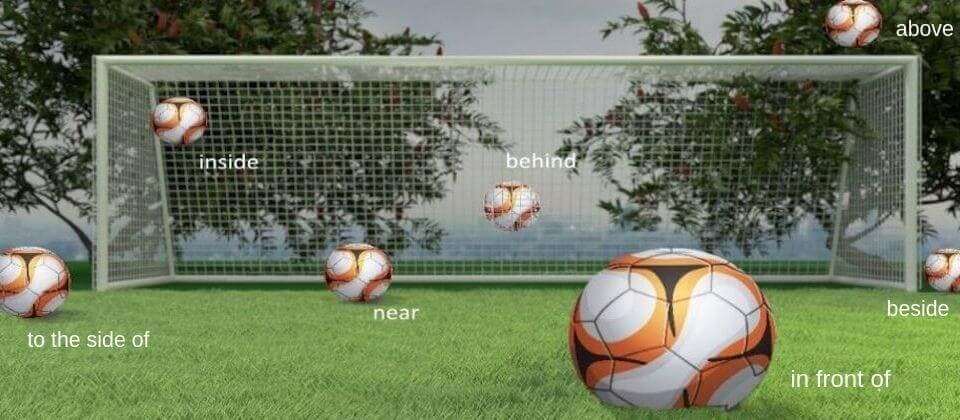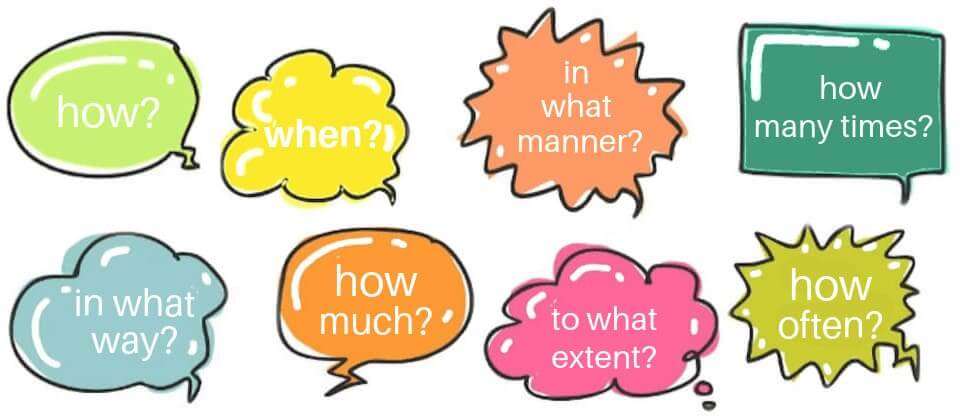Conjunctions Definition AND Types

Conjunctions are joining words. They join nouns, phrases, clauses and sentences to allow us to make more varied and more complex sentences and language structures. Here we will look at conjunctions definition and types, with examples of conjunctions in sentences.
TYPES OF CONJUNCTIONS
The 3 types of conjunctions are:
coordinating conjunctions
subordinating conjunctions
correlative conjunctions
COORDINATING CONJUNCTIONS
Coordinating conjunctions join similar structures together.
| for | and | nor | but | or | yet | so |
The coordinating conjunctions list is easy to remember with the acronym FANBOYS
COORDINATING CONJUNCTIONS EXAMPLES
They join similar structures and are placed between the two structures.
word + word
cats and dogs.
phrase + phrase
at the beach or in the forest.
clause + clause
I am going shopping so will buy food for dinner.
sentence + sentence
I like jam but I don’t like marmalade.
prefix + prefix
The pro- and anti- Brexit parties are meeting in London
for – shows reason or purpose, equivalent to because, old-fashioned, literary
She ran away from home for she felt unloved.
and – as well as, plus, in addition
Sally and Jim work in the same office.
nor – expresses negative possibilities, often used with neither
The girl is not here nor is her brother.
I drink neither tea nor coffee.
but – introduces an element that is different to that discussed before
She loved cakes but never ate bread.
or – connects different possibilities
We had to leave early or we might miss our flight.
yet – addition of an element that is surprising considering what was said beforehand
He is middle aged and flabby yet he always dates beautiful women.
so – for this reason, therefore
My car is in the garage so I will get the bus to work.
SUBORDINATING CONJUNCTIONS
Subordinating conjunctions join a main independent clause and a subordinate dependent clause.
This subordinating conjunctions list shows they can be categorised according to use:
| TIME | CAUSE + EFFECT | OPPOSITION | CONDITION | MANNER |
| after | as | although | if | as if |
| before | because | even though | even if | as tough |
| since | in order that | though | in case that | how |
| until | now that | whereas | provided that | once |
| when | since | unless | ||
| while | so | whether |
SUBORDINATING CONJUNCTIONS EXAMPLES
Subordinating conjunctions are placed at the start of the subordinate clause:
He is a generous person although he is poor.
We won’t get wet under this umbrella even if it rains.
The subordinate clause may be placed at the start of the sentence, in which case a comma comes immediately at the end of the subordinate clause:
Although he is poor, he is a generous person.
Even if it rains, we won’t get wet under this umbrella.
Remember
Main clause – can stand alone as a sentence as it has a subject and a verb, and is a complete thought and meaning
Subordinate clause – cannot stand alone as it does not have complete meaning
Revise Clauses and Sentences
CORRELATIVE CONJUNCTIONS
Correlative conjunctions come in pairs and both parts must be used to balance the sentence.
They join words, phrases or clauses together.
This correlative conjunction list shows some of the most common ones:
| both…and | either…or | neither….nor | not only…but also |
| whether…or | as….as | as many….as | such…that |
both… and shows a connection of similarity between two things
either.… or sets expectation that a choice will be made between two options
neither…. nor the opposite of either…. or but that both options are not chosen
whether … or similar to either.. or but sets conditional possibility for options
not only.. but also gives emphasis to the second of two things being noteworthy
as…as shows a comparison between two things
as many… as shows an amount equal to another amount, with uncountable nouns
as much… as shows an amount equal to another amount, with countable nouns
such… that shows an extent or a consequence
CORRELATIVE CONJUNCTIONS EXAMPLES
Both Matt and Steve are professional footballers.
We will either go on holiday to Spain or to Greece.
Neither Sweden nor Germany are on our holiday shortlist this year.
Whether we choose Spain or Greece will depend on flight prices and availability.
He not only eats well but also cooks well.
There were as many team shirts as there were players in the team.
PRACTICE EXERCISES
1. Complete the sentences with coordinating conjunctions
I must leave now, _____ if I don’t I will be late.
He is allergic to fur _____ he has a dog.
She takes neither milk _____ sugar in her coffee.
I wear glasses, _____ if I don’t have them on I am not insured to drive.
They haven’t decided if they are going on holiday to France _____ Italy.
2. Join the sentences using the conjunction in brackets.
He is generous. He is poor. (although)
I forgive him his mistakes. I love him. (because)
He is short. She is tall. (whereas)
John is a doctor. Simon is a doctor (both… and)
I am angry with Fiona. I am angry with Jenny. (not only… but also)
3. Which sentences are not punctuated correctly?
a. Now that he is 18, he wants to get a job.
b. Now that she is retiring she will have more time to tend her garden.
c. Even though she is slim, she has a plum face.
d. Even though he won the lottery jackpot he continued working in the library.
e. Until I have saved enough money, I can not go on holiday
Answers
1. for, yet, nor, so, or
2. He is generous although he is poor / Although he is poor, he is generous, I forgive him his mistakes because I love him. He is short whereas she is tall. Both John and Simon are doctors. I am not only angry with Fiona, but also with Jenny.
3. b, d


